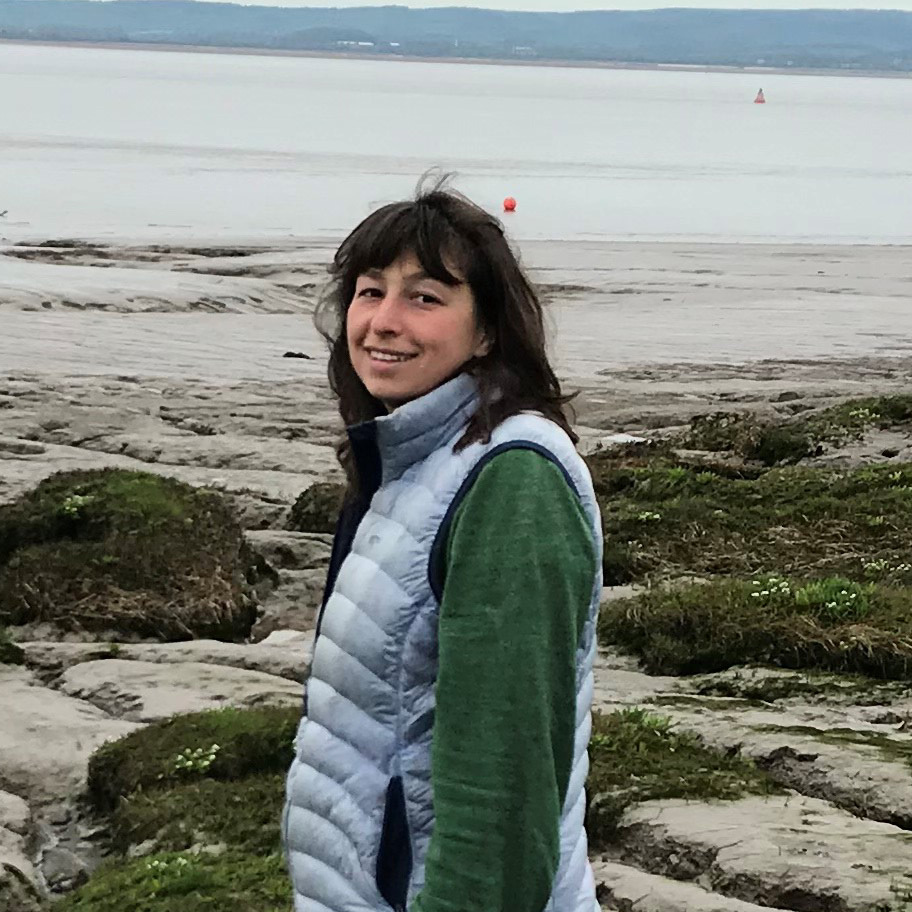Galina Livshyts, an assistant professor in the School of Mathematics, has received one of the highly competitive early-career grants from the National Science Foundation Faculty Early Career Development (CAREER) program.
NSF CAREER grants provide five years of funding to junior faculty. The award is a strong signal of recipients’ potential to serve as academic role models in research and education and to lead advances in the mission of their organization.
“My research is about geometry in two, three, and higher dimensions,” Livshyts says. The NSF CAREER grant enables her to explore the geometry of convex bodies in high dimensions.
A convex body is a geometric body having the property that any segment joining two of its points is entirely contained within it. Livshyts' research proposal aims to answer the following questions:
- What is the largest hyperplane section of a unit cube?
- How many translates of a slightly smaller copy of a convex body suffice to cover it?
- Can two different polygons have the same collection of normals and the same areas of triangles spanned by their sides?
- How large are the perimeters of convex sets with respect to isotropic log-concave measures?
“A lot of the geometric properties of convex bodies have important applications,” Livshyts says.
Suppose we have a million 10-inch-diameter ball-shaped items, and we need to pack them in an optimal way. What shape should we choose for the package? Some other questions in which the theory of convex bodies is used are directly related to the speed of certain algorithms.
NSF CAREER awards are unique in also requiring grant proposals to include an education component. Supporting junior researchers is the focus of Livshyts’ education component. During the term of the award, she will undertake several educational activities, including a research workshop for junior mathematicians, seminars for women in mathematics at all levels, and workshops for K-12 mathematics teachers.
“It is very important for a junior mathematician to be able to find just one other direction for their research, to create just one collaboration aside from their doctoral and postdoctoral work,” Livshyts says. She hopes her proposed five-day research workshop will give junior mathematicians – those in their final two years of their Ph.D. and those within five years after completing their Ph.D. – “an opportunity to expand their collaboration network and the circle of their interests early in their career.”
Livshysts has been organizing regular seminars for Women in Mathematics in Northern Georgia. In this activity she is joined by Yulia Babenko, an associate professor of mathematics at Kennesaw State University.
“Having a network of female researchers in Atlanta will bring more female participants to mathematics conferences,” Livshyts says. Mathematicians of all levels are invited to participate, and talks are intended for a general audience. “That will help junior participants expand their interests, as well as practice giving talks to a broad audience,” Livshyts says.
In spring 2018, Livshyts facilitated workshops at the Atlanta Intown Teachers’ Math Circles. Intended for K-12 mathematics teachers, the workshops will focus on nonstandard mathematics problems to increase participants’ mathematical knowledge and encourage creativity.
Livshyts is one of several School of Mathematics faculty members currently enjoying NSF CAREER grants.
“This award makes a great difference in my career,” Livshysts says. “It will allow me to hire a postdoc, as well as organize a series of workshops for junior researchers, aimed to help others early in their career.”
For More Information Contact
A. Maureen Rouhi, Ph.D.
Director of Communications
College of Sciences



